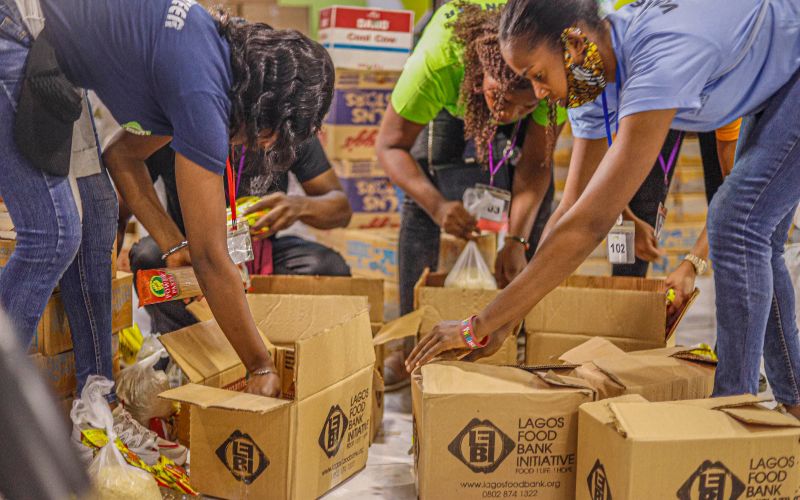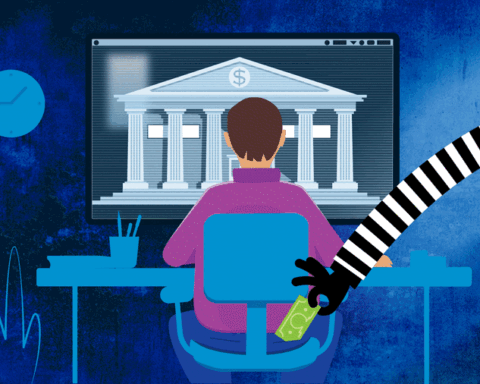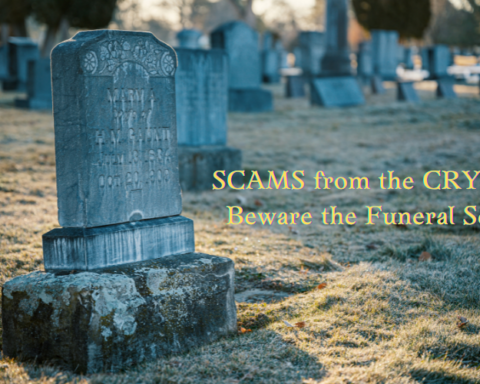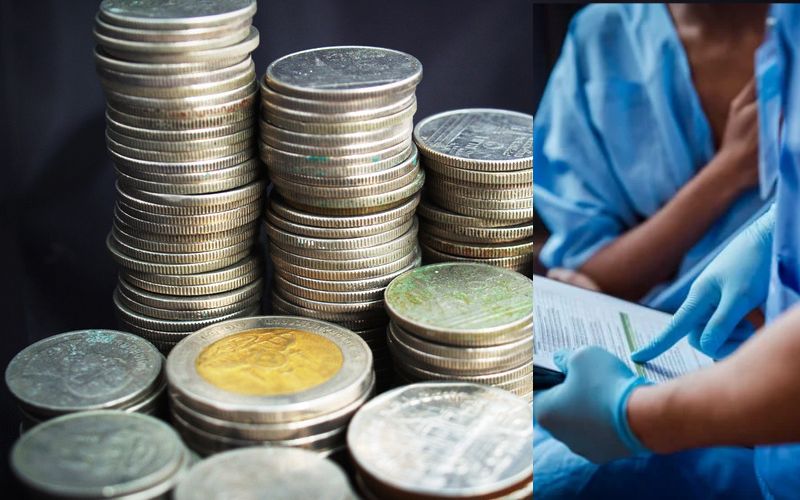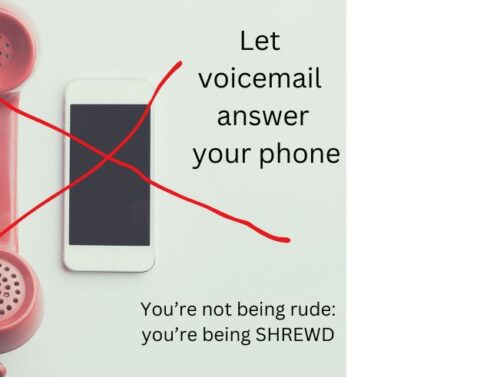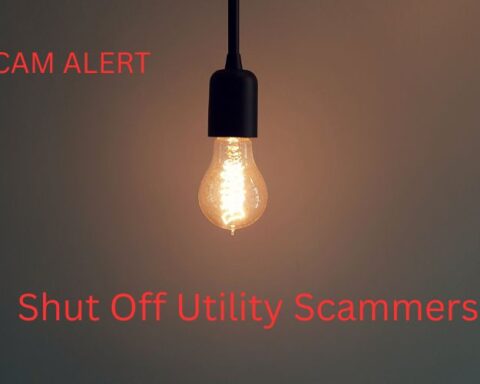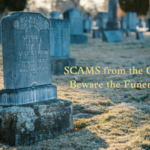“A worldwide response is underway!” “The death Toll continues to rise!” Charity Fraud often follows natural disasters; those looking to donate should be aware.
We all want to help but take a step back
Charity fraud schemes seek donations for organizations—instead, the money goes to the fake charity’s creator. These scams often arise following disasters, such as the recent earthquakes in Turkey and Syria. Criminals use tragedies to exploit you by targeting charitable intentions. Consumers should be aware of scammers posing as representatives of charities seeking donations for disaster relief. Charity fraud scams come in many forms: emails, social media posts, crowdfunding platforms, cold calls, and even door to door. Always use caution and do your research when you’re looking to donate to charitable causes.
Before making donations do your homework:
- DONT let anyone rush you into donating.
- DONT send donations in cash, wire transfer, or gift cards.
- DONT assume that social media recommendations for donations are legitimate.
- DONT assume there is an official connection if photos are displayed on social media.
- DONT open suspicious emails or open any attachments. Scammers regularly use email for phishing attacks and to spread malware.
- DONT reveal any personal information unless you’ve confirmed you’re dealing with a legitimate official.
- DO avoid charities that use names closely resembling legitimate well-known organizations.
- DO verify all phone numbers for charities. Check the charity’s official website to see if the numbers you have are legitimate.
- DO exercise caution with newly created groups that are difficult to check out.
Before you say YES:
REMEMBER: phone scams often use spoofing techniques to deliberately falsify the information transmitted to your caller ID display to disguise their identity or make the call appear to be official.
REMEMBER: officials with government disaster assistance agencies do not call or text asking for financial account information. Workers and agents who knock on doors of residences are required to carry official identification and show it upon request, and they may not ask for or accept money.
HOW TO VERIFY A Charity is NOT a SCAM:
Make sure the organization is registered with the Attorney General’s Charitable Trusts Unit. The list may be found here: https://www.doj.nh.gov/charitable-trusts/. Always verify a charity’s legitimacy through its official website. If you have doubts, you can check with Better Business Bureau’s Wise Giving Alliance or Give.Org, Charity Navigator, Charity Watch, or GuideStar. You can also check with the National Association of State Charity Officials
https://usa.gov/consumer, https://www.bbb.org/scamtracker, https://www.un.org

